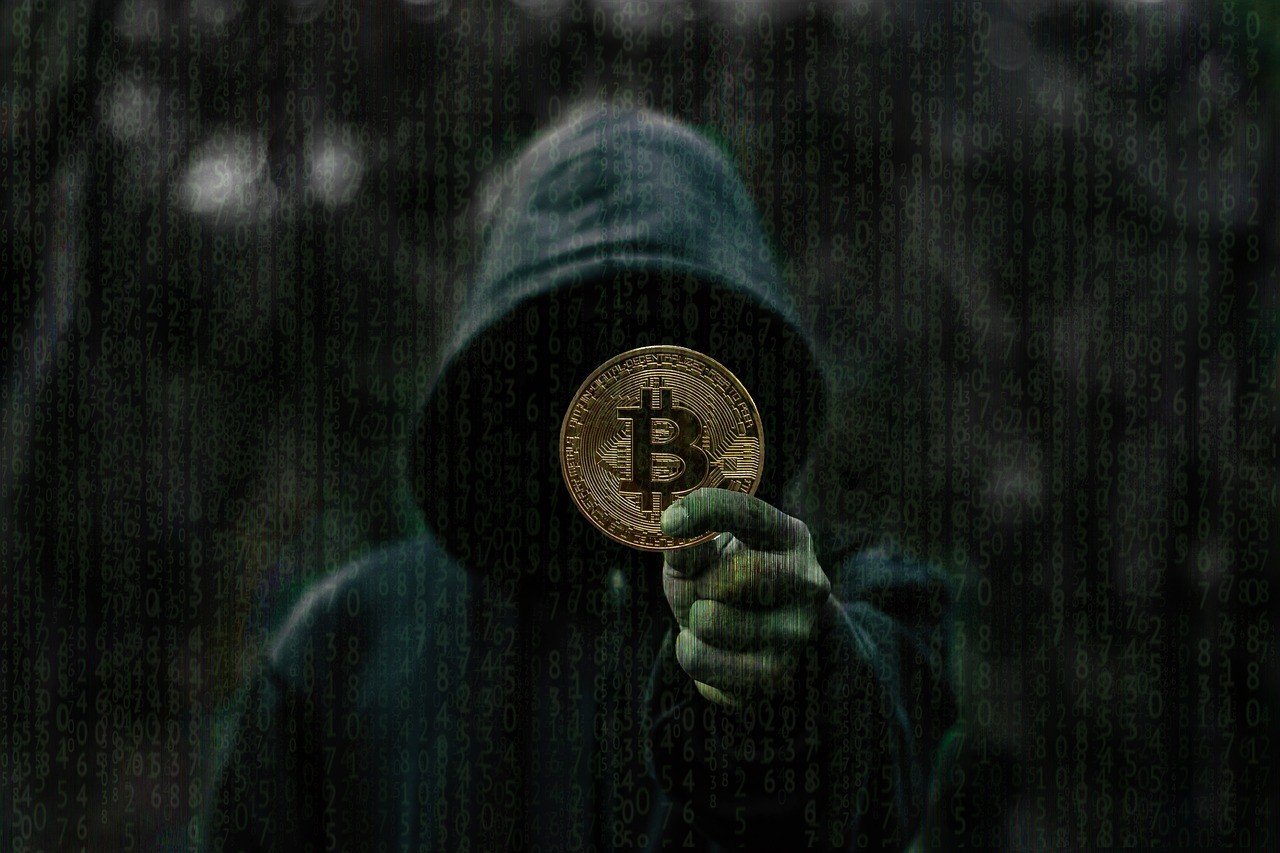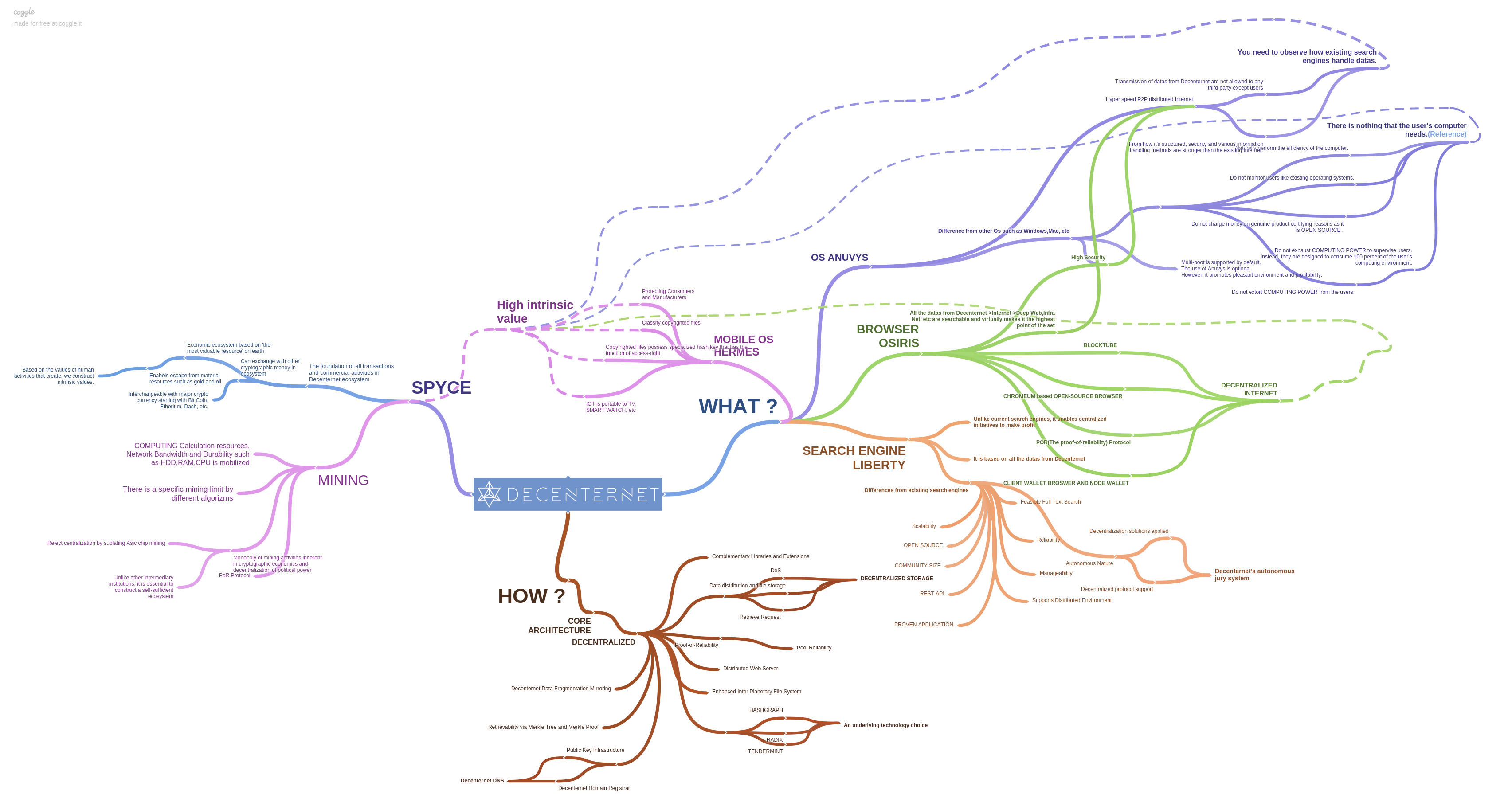In my last post on Decenternet, I mentioned in passing the cyberpunk ethos of a decentralized Internet. Today, I'd like to explore that topic in a little more detail.
What Is a Cyberpunk?

Image from Pixabay.
Cyberpunk is, first and foremost, a literary movement. Secondarily, a subculture phenomenon and movement that has expanded into fashion, music, art, and gaming to create an entire ethos laid out in its own philosophy.
The term derives its name from a short story written by a science fiction writer and published in 1983. The author was Bruce Bethke and the story was titled "Cyberpunk." However, like all things literary, "Cyberpunk" had its precursors. Those who care about such things have identified a group of writers known as New Wave science fiction authors in the 1960s and 1970s who explored dystopian themes marked by new technologies and cultural developments. These writers included the iconic Philip K. Dick (author of "Minority Report"), J.G. Ballard, and Harlan Ellison, to name a few.
One of the most well-known cyberpunk stories, however, and perhaps the novel that set the movement in motion, is "Neuromancer" by William Gibson. It was published in 1984.
Cyberpunk can best be characterized as "man against machine," or more particularly, "man vs. corporate behemoth." The writing often blurs the lines between actual reality and virtual reality. Instead of big governments being the evil, centralized antagonist against which the individual must fight and win (as in the case with Ayn Rand's "Atlas Shrugged" and "The Fountainhead"), the antagonist in cyberpunk fiction is more often a multinational corporation, or corporate cartels.
There is a libertarian streak that runs through both Rand's fiction and cyberpunk fiction, however, with Rand, liberty's enemy is regulation, or communal thinking. With cyberpunk, it is centralized authority.
Not to Be Confused With Cypherpunk
While many people today are familiar with cyberpunk, fewer are familiar with the term "cypherpunk."
It's important to draw a distinction here between these two terms. One is a cultural movement based on a literary genre, similar to cosplay. The other is a political and social movement based on a specific understanding of liberty.
The timeline between these two groups run parallel. I don't think this is an accident. Cyberpunk started as a literary movement within science fiction circles in the mid-1980s. Cypherpunk was a political movement that got its start around the same time. The group organized around a mailing list.
The essence of the cypherpunk movement is to gain more control over one's life by ensuring privacy in online communications. It's no coincidence that noteworthy cypherpunks have included some newsworthy personalities such as Julian Assange, founder of Wikileaks, author Jim Bell, and John Gilmore, a founder of the Electronic Frontier Foundation, which has been on the front lines of fighting for net neutrality. He's also the co-founder of the cypherpunks mailing list.
In essence, cypherpunks are coders whose chief concern is privacy through the use of cryptography. They're also concerned about other related issues such as censorship and government monitoring. In the words of A Cypherpunk's Manifesto:
Privacy is necessary for an open society in the electronic age. ... We cannot expect governments, corporations, or other large, faceless organizations to grant us privacy ... We must defend our own privacy if we expect to have any. ... Cypherpunks write code. We know that someone has to write software to defend privacy, and ... we're going to write it.
Satoshi Nakomoto Was a Cypherpunk, But Is He Cyberpunk?
There is a paper circulating that was allegedly written by Satoshi Nakamoto, the inventor of bitcoin. It is titled "Duality: an excerpt." In this paper he, she, or they attempt to explain the origins of bitcoin and the thought process behind it. The author makes repeated references to the cypherpunk mailing list, counting himself as among them. If the account, as written, is true, several members of that mailing list assisted Nakamoto in his grand creation, including the now deceased Hal Finney.
Like literary movements, political and social movements often have their precursors. For bitcoin, that would be the idea of electronic cash as thought up by cryptographer David Chaum. "Duality: an excerpt" details how he borrowed Chaum's ideas and put them together with other ideas from members of the cypherpunk mailing list:
I know it is easy to imagine that bitcoin came out of thin air but in reality, that was not the case. It arose out of the many failed attempts by many groups, and the only reason it succeeded was because it was at the right place, at the right time. And although I did not exactly time it for the beginning of a financial crisis—who could predict that (curious the answer though--wait for the rest), it did serve as an impetus and I think had it not been for that, adoption would not have taken off as it did. Other ideas--using cryptographic algorithms, proof of work, timestamps, had already existed. But no one had tied all these things together in a way that mirrored the form in which the internet was structured. I read every academic paper of the last fifteen years before I dived into it and remarked how in every failed attempt at making something like bitcoin work, one key ingredient was missing. All of them had bits and pieces of it, but not the complete image.
Peer to peer was the underlying aspect to bitcoin that made it superior to all other previous attempts. Its advantage was the network architecture that off-loaded the workload between peers, forming a network of nodes. Every node contributed to this network, without the need for a central authority or third party, and without any servers. Peer to peer itself was born out of a need to decentralize, while ARPANET allowed anyone to request and serve content, it strained beyond offering anything else beyond simple routing. USENET, a system designed in 1979 that was a precursor of sorts to BBS systems, allowed for a decentralized and distributed system. But what set this apart from other BBS or web forums of the time was that USENET was distributed, with the absence of a central server and dedicated administrator. USENET instead, was decentralized.
This one key difference is what led to technologies like P2P file sharing, and services like Napster, and subsequently Bittorent which spun out of Mnet. Mnet itself was a peer to peer file sharing service that employed a digital currency called Mojo, which in a fully distributed network provided an incentive against attacks, one of the first "smart contracts."
The bold parts of this are mine. I want to highlight the ethos of the cypherpunk mentality to show that this peer-to-peer element, which is wrapped up in the idea of decentralization, is a key component of cryptographic security in the eyes of this paper's author, presumably Nakamoto, inventor of bitcoin.
It's important, though, to understand that he didn't create something new so much as take elements from different ideas, even the Internet structure itself, and pull them together. The political and social movement materialized itself in the creation of a digital currency that anyone can use and expect anonymous transactions, privacy, and security. While these features explain the nature of bitcoin, the benefits are the protection from an oppressive central authority as expressed in cyberpunk ethos.
Decentralized Internet: Is It The Next Phase in the War Against Centralized Control?
There is not a lot of difference between the cypherpunk ethos and the cyberpunk ethos, but there is one key difference. One is based on reality and seeks to change it, the other is based on imagination and seeks to exploit the reality for no real purpose. Cyberpunks are dreamers, cypherpunks are activists.
In evaluating Decenternet, I find it interesting that there is an attempt to identify more with the cyberpunks than the cypherpunks. This can be seen quite clearly in the subtitle of their white paper: "The Decenternet Initiative: Fast, Secured, & Neutral Decentralized Internet Unbound by Politics and Oppression."
The fact that the authors of this white paper see themselves, and you evidently, as oppressed by the nameless and the faceless indicates that they are as interested in achieving their goals by instilling fear as those "oppressors" they want to be free from. That clearly is a cyberpunk mentality. If they were cypherpunks, they'd embrace the politics (because cypherpunks are political activists, after all) rather than be "unbound" by it. Furthermore, they make their goals clear with this statement from page 52:
Decentralization of power and wealth can only be achieved when we declare independence from third-party big data centers who control the flow of information.
In other words, "big data centers," which represent centralization, are the enemy because they "control the flow of information." On the same page, they write "Did you know that the intermediaries who owns (sic) the traditional centralized internet infrastructure know everything there is to know about you?" And that includes "what is in your head." (page 53)
If I thought for a minute that was true, I'd be scared.
Despite the scare tactics, however, I do like the idea of a decentralized Internet. I like the idea of an operating system that is free to use because it is funded by cryptocurrency mining operations. I further like the idea of being able to mine cryptocurrency using my own assets and making money from being logged into the Internet rather than having to pay to log into it. In my mind, this is one of the biggest selling points to Decenternet.
Spyce is the name of Decenternet cryptocurrency. Despite sounding like a drug (I'm an old "Dune" fan), I find the idea attractive that a person can mine currency simply by creating (wait a minute, isn't that what we do on #Steemit?). I also like the idea of being able to transact with that currency with other users with no intermediary through my built-in wallet. This peer-to-peer, decentralized--and perhaps even anonymous--basis of conducting transactions is precisely what Nakamoto had in mind when he created bitcoin. The problem is, as popular as bitcoin has become, it still hasn't reached the point of mass adoption that compels human agents like you and me to discard our fiat money entirely and adopt bitcoin exclusively.

The Decenternet mindmap, from Decenternet's website.
I wish Decenternet would approach their discussion of Spyce, and the decentralized internet, in more "neutral" terms, the same way they'd like me to believe their version of a decentralized Internet is neutral. I wish, instead of trying to scare me, they'd try to allure me with language that epitomizes free and independent thinking, and mutual agreement between two parties that seek to engage with each other on mutually beneficial terms. While I can see evidence of a cyberpunk mentality in their approach to a decentralized Internet, and to some extent a cypherpunk mentality, I believe it would be more effective, and more engaging, to approach the discussion as if between mutual parties seeking to benefit each other by transacting on mutually agreed upon terms. Don't bring me in because I'm a victim. Bring me in because I want the benefits of freedom and privacy that you offer.
Long story short, the time has come for a decentralized Internet. But is Decenternet the one? We won't know until 2020 when they go live.
To learn more about Decenternet on your own, check out their web properties and social media profiles:
- Check out Decenternet’s website
- Check out ANUVYS
- Follow the Decenternet Facebook page
- Follow Decenternet on Twitter
- Join the Decenternet Telegram group
Learn More About Me

Review Me, Please

Feel free to browse some of my latest Steemit posts.
The backside 5:
- Bitcoin's Unexpected Lift and XRP Fans' Raging Hot Flashes
- Decenternet Wants to Make Centralization a Dirty Word
- From Common Thief to Goblin Shaman - A Steem Monsters Character Card Fiction Story
- Breakfast Talk: The Sonnet You Can't Take Seriously
- Farmpunk Fiction: Altland's Gambit
- Decenternet Wants to Make Centralization a Dirty Word
- Poetry Sunday: We All Sing America Now
- Poetry Sunday: The Ballad of The Crustacean King - A Steem Monsters Fiction Writing Contest Entry
- What the Frack is Weird Fiction?


Animation By @zord189

created and used by veterans
with permission from @guiltyparties


Posted from my blog with SteemPress : http://tayloredcontent.com/cyberpunk-ethos-is-a-decentralized-internet-possible/
